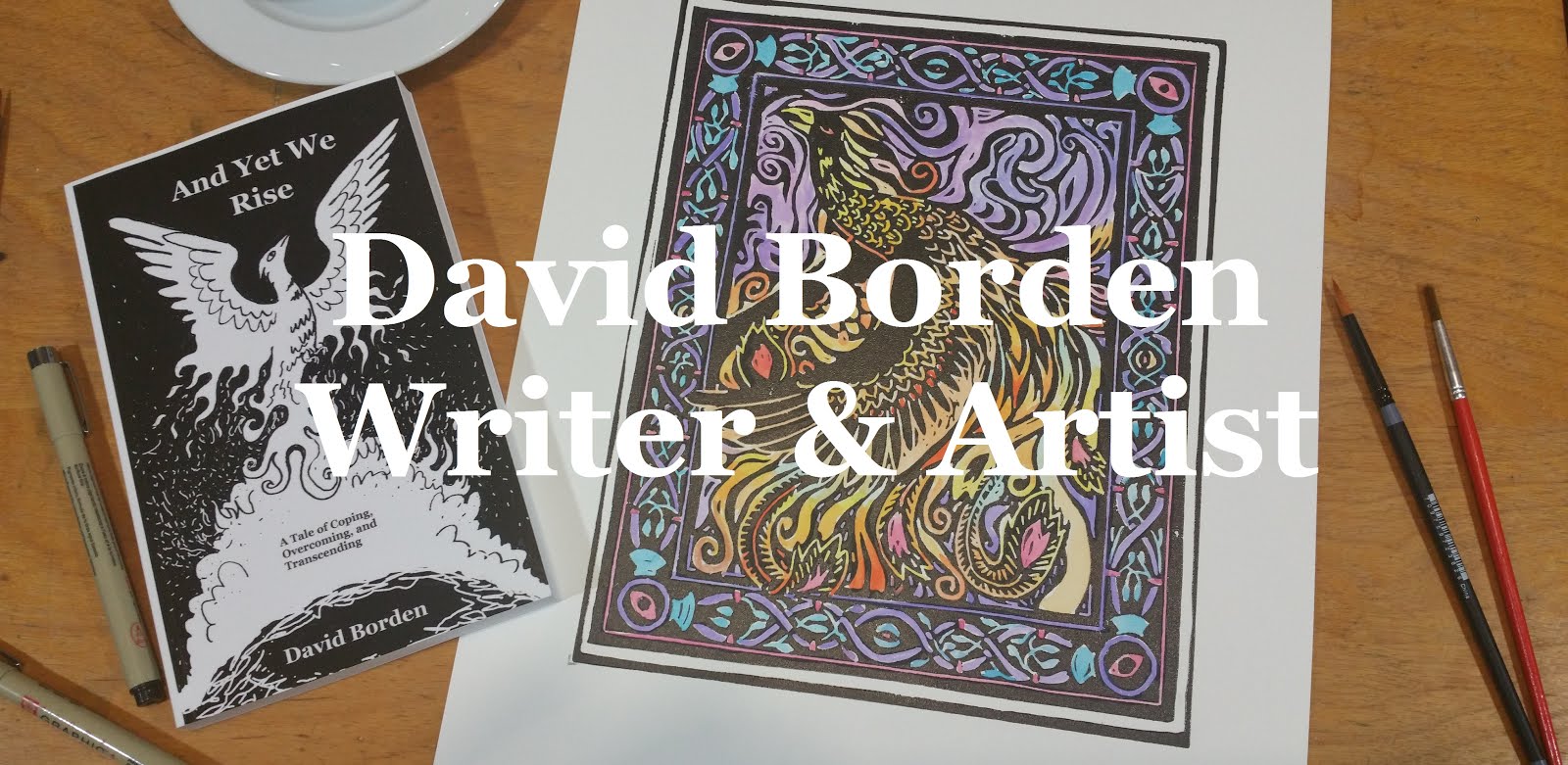Solitude for Healing the Mind and Body
“The more powerful and original a mind, the more it will be inclined towards the religion of solitude.”
--Aldous HuxleyI’ve recently been thinking about the practice of solitude, so when I came across this quote by Aldous Huxley, I pondered it more than I otherwise would have. To be clear, when I mention solitude, I’m not talking about solitary confinement, which is used as a punishment because humans suffer mental breakdown under the crush of isolation. I’m also not talking about loneliness, which is about a profound disconnection from others that leads to depression. I will not be talking about solitude in terms of one of these negative conditions. Quite the contrary...
Solitude, to me, is the peaceful practice of time alone that can rejuvenate the mind and body.
To tell you why the Huxley quote is relevant, I need to translate it: The more focused, intelligent, and creative you are, the more you will be inclined to regularly find time to be alone, not to withdraw from people, but to pursue a transcendent experience. And that time alone isn't filled with distractions, such as Youtube videos, watching sports, or keeping up with Reddit.If you’re like me and consider yourself a creative person, you might find comfort in the statement that your desire to be alone at times, does not make your weird. In fact, time alone may recharge your mental batteries. Extreme extroverts thrive when they are surrounded by others. They seem to draw energy from the crowd. Creative folks are often more quiet and find company pleasurable, but draining. Even super-human alien, super-heroes, such as, Superman, had his fortress of Solitude, not the Fortress of Teeming Humanity.
The second interesting aspect of the quote is the reference to solitude as a “religious practice.” A religious practice is one in which a person conscientiously follows a prescribed set of rules, traditions, and/or principles with fidelity. Generally, but not always, these practices are spiritual in nature and intend to bring the devotee closer to the divine or transcendent experience.
In other words, solitude, Huxley states that original thinkers, people making their own path in life, often find peace and inspiration in solitude. A growing body of research supports the idea that the “creative spark” often occurs in times of relaxation or in the space between big life activities. Ideas often strike when we are alone and have let our minds wander. The shower immediately comes to mind as a place where people report having eureka moments.
What, if anything should we take from this idea of a solitary practice?
If you're a creative person, you need to find the space to be alone in an unstructured environment. Let you thoughts run where they wish. I think Huxley is right. My experience with the most creative people, those with the most “original” ideas, is that they need a lot of time to think, time to let their brains make new associations away from the crowd. If you want to improve your creativity, perhaps you, too, should consider finding time to incorporate a solitary practice into your life.If you liked this article, might I suggest:
A Study In Solitude
The Secret to Following your Dreams
6 Ways to Slow Down and Enjoy the Little Things in Life
There's Nothing Wrong with You-- Maybe Your Just an Introvert
You may also like And Yet We Rise: A Tale of Coping, Overcoming, and Transcending.
#happiness #peace #tranquility #meditation #solitude #creative #creativity #transcendence #healing #mind




Comments
Post a Comment